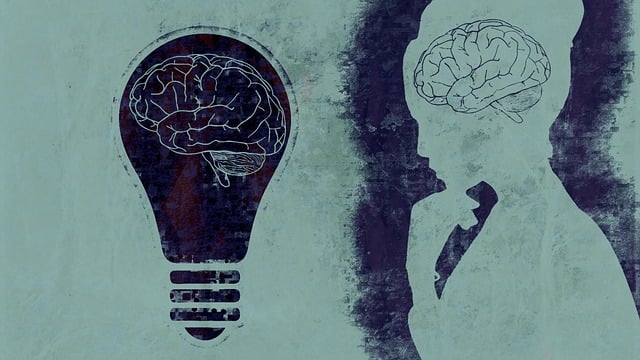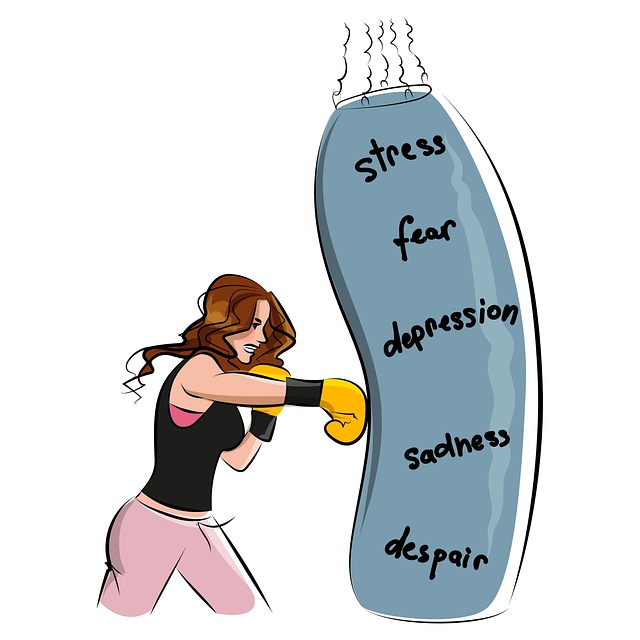In today's media landscape, while representation of mental illness has improved, stereotypes persist, impacting public understanding and help-seeking behaviors, especially among young adults. Aurora Crisis Counseling Therapy (ACCT) addresses this by advocating for responsible media portrayal through compassion cultivation practices like podcasts and burnout prevention strategies for healthcare providers. ACCT offers immediate, accessible, and evidence-based interventions focusing on long-term recovery and resilience building, challenging negative stereotypes to create a safe space for mental health struggles. By collaborating with media outlets, ACCT ensures accurate reflection of real-life experiences, destigmatizes mental health issues, and promotes advocacy for better policies, revolutionizing societal attitudes and creating more inclusive communities.
Mental illness representation in media has long been a topic of debate, with negative stereotypes perpetuated despite increasing awareness. This article delves into the current state of mental health portrayal, highlighting the crucial role of initiatives like Aurora Crisis Counseling Therapy in challenging these narratives. We explore strategies for enhancing positive and accurate representations, aiming to revolutionize media’s impact on public perception, especially through innovative approaches such as Aurora Crisis Counseling Therapy.
- Understanding Mental Illness Representation in Media: The Current State
- The Role of Aurora Crisis Counseling Therapy as a Solution
- Strategies for Enhancing Positive Portrayals and Accurate Information in the Media
Understanding Mental Illness Representation in Media: The Current State

In today’s media landscape, the representation of mental illness has evolved, yet challenges remain. The current state often falls short of accurately portraying the complexities and nuances of various mental health conditions. Stigma still lingers, perpetuated by stereotypical portrayals in films, television, and even social media. This has significant implications for public understanding and the way individuals seek help, especially when media platforms serve as primary sources of information. For instance, fictional narratives might oversimplify or exaggerate symptoms, leading to misconceptions about what constitutes a ‘mental illness’.
The impact of such representation is profound, particularly for vulnerable audiences like young adults navigating their mental health for the first time. Aurora Crisis Counseling Therapy recognizes this and advocates for more responsible media portrayal. By promoting compassion cultivation practices through mental wellness podcast series production, they aim to foster empathy and challenge negative stereotypes. Moreover, encouraging burnout prevention strategies for healthcare providers in media creation can ensure a more nuanced and accurate reflection of the field, ultimately benefiting both audiences and professionals alike.
The Role of Aurora Crisis Counseling Therapy as a Solution

Aurora Crisis Counseling Therapy (ACCT) emerges as a powerful solution to combat the misrepresentation of mental illness in media. This innovative approach focuses on providing immediate and accessible support, challenging negative stereotypes, and promoting understanding through evidence-based practices. ACCT offers a safe space for individuals struggling with various mental health issues, focusing not just on crisis intervention but also on long-term recovery and resilience building.
By integrating confidence-boosting techniques and risk assessment tools tailored for mental health professionals, ACCT addresses critical gaps in current support systems. It empowers individuals to take control of their mental well-being while fostering a sense of community. Moreover, the therapy’s emphasis on depression prevention underscores its holistic approach, aiming to equip people with coping mechanisms to navigate life’s challenges and promote overall mental wellness.
Strategies for Enhancing Positive Portrayals and Accurate Information in the Media

The media plays a significant role in shaping public perception about mental illness, making strategies for enhancing positive portrayals and accurate information crucial. To improve representation, media outlets should collaborate with mental health professionals like those at Aurora Crisis Counseling Therapy to ensure stories are told from an informed perspective. This includes promoting awareness of various mental health conditions, challenging stereotypes, and showcasing recovery narratives that reflect real-life experiences. By incorporating expert insights, personal stories, and evidence-based practices, the media can contribute to destigmatization and foster empathy among audiences.
Additionally, focusing on self-esteem improvement and stress management techniques can further enrich these portrayals. Encouraging open dialogue about mental health challenges through compelling storytelling can drive advocacy for better Mental Health Policy Analysis and ensure that those affected by these issues feel understood and supported. Effective representation in the media has the potential to revolutionize societal attitudes, paving the way for more inclusive and supportive communities.
In addressing the critical issue of mental illness representation in media, the article has explored both the current challenges and a promising solution through Aurora Crisis Counseling Therapy. It’s clear that media plays a significant role in shaping public perception, making accurate and compassionate portrayals paramount. While progress has been made, there is still work to be done. By implementing the strategies outlined for enhancing positive representations and disseminating accurate information, we can foster a more understanding and supportive society. Aurora Crisis Counseling Therapy emerges as a valuable resource, offering not only crisis intervention but also contributing to a broader cultural shift towards better mental health representation in media.












